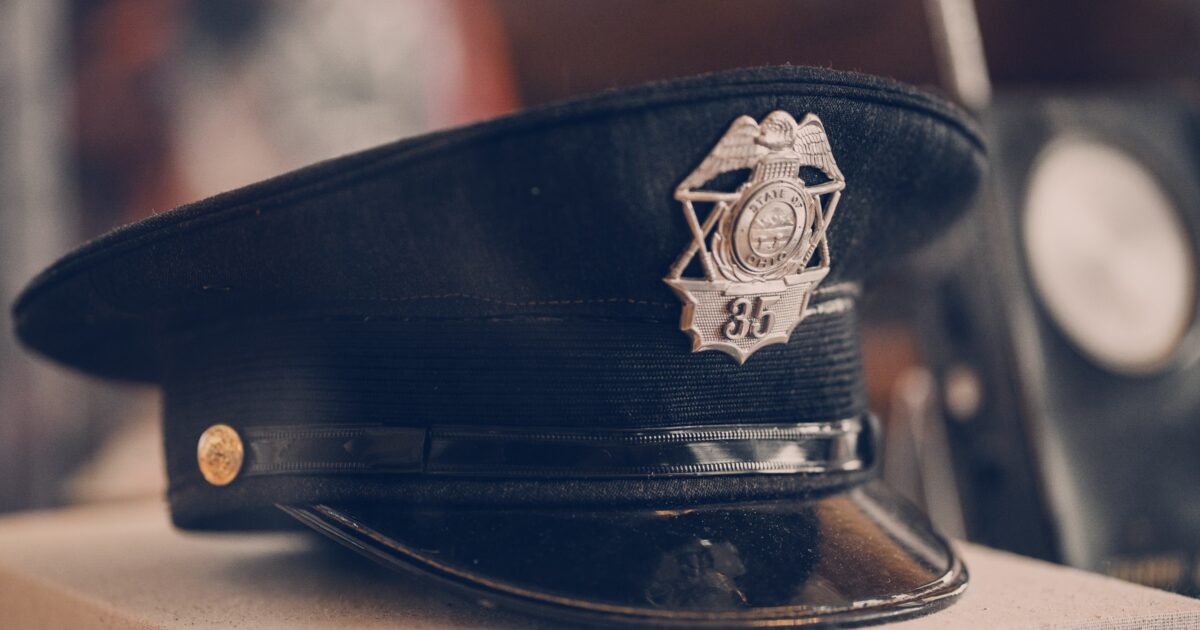If you're a Realtor, contractor, or insurance agent who engages in serious misbehavior, the state can strip you of the license that allows you to practice your profession. Occupational licensing rules often are strict. They include "moral turpitude" clauses that deny licenses to those with convictions—even for crimes that have little to do with the specific work license.

These rules mostly apply to private-sector workers. But many government employees—especially police officers, who have the legal right to use deadly force—have no licensing system. Overly aggressive and corrupt officers might get fired, but there's nothing stopping them from getting another policing job thanks to the power of the state's public-employee unions.




😱 Scary!! What’s the solution?
Here's what happens, a cop commits serious misconduct. The chief suspends him immediately. Often, the cop still gets paid to sit at home, because this is legally required. Internal affairs investigates, but the process is delayed by exasperating legal and contract hurdles. Meanwhile, the community stews: Why hasn’t the chief fired him?
Finally, the chief has the evidence to act. If merited, the cop is fired. Months have gone by, but that was the easy part. Now the cop will appeal — because the review process is staggeringly favorable to bad cops.
The case goes either to an arbitrator or to a panel, a “civil service commission” appointed by the city council. The arguments are always the same: The chief’s investigation was shoddy; the chief had a vendetta against this particular cop; other cops did this before and weren’t fired; the alleged misconduct wasn’t really that bad. Too often, arbitrators feel the pressure to “split the baby” in their decisions. Perhaps the cop is docked pay or demoted; otherwise, he’s back on patrol.
In some states, legislatures have codified these protections in what’s called a “peace officer’s bill of rights.” As I in Florida, an officer accused of wrongdoing is interviewed only at the end of the investigation. State law guarantees him, and his lawyer, an opportunity to review every bit of evidence — every witness statement, any video, all the physical evidence — before he talks to internal affairs. This enables the officer to cast his actions in the best possible light — even to lie about what happened, once he knows the evidence will not disprove the lie. In subsequent arbitration, this becomes a critical tactical advantage.
Source